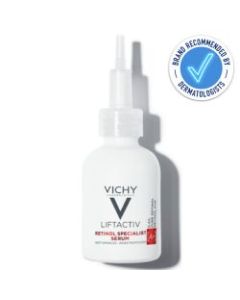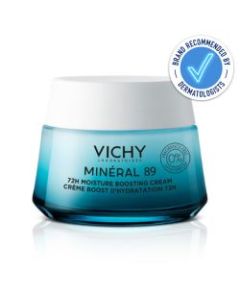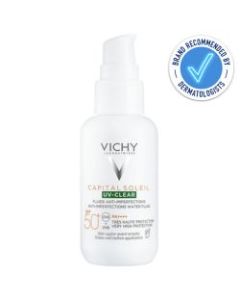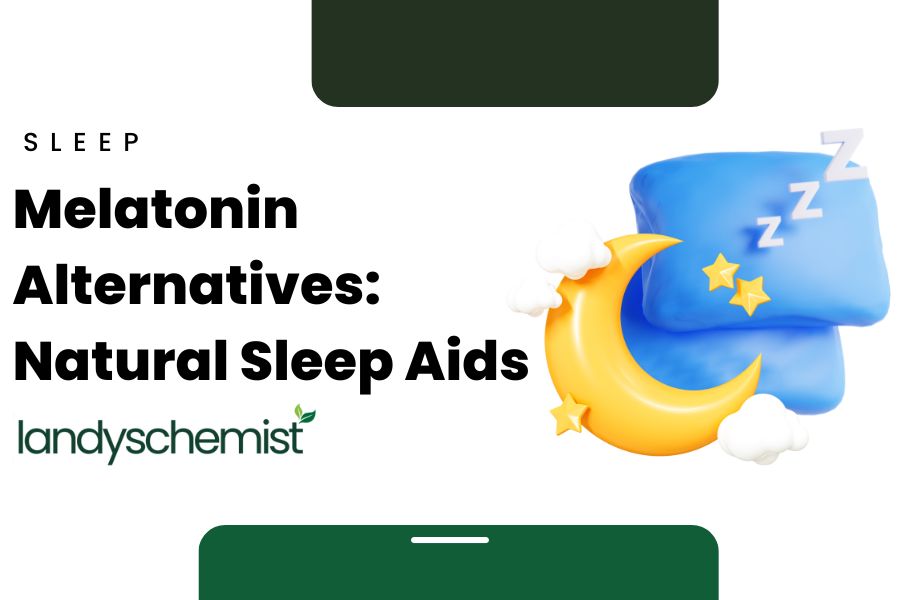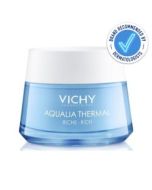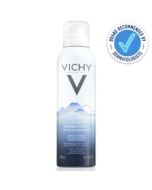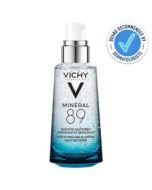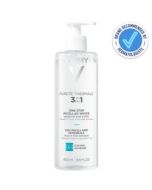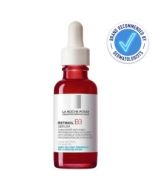
What is transitional skincare
As you’ve been diligently fine-tuning your skincare routine for the summer months and heatwaves, the inevitable transition to cooler temperatures demands a keen ear to what your skin is craving. That radiant summer glow you’ve cherished can begin to fade, leaving our complexions wanting that extra moisture.
Navigating the transitional phase between summer ending and the onset of autumn brings forth a fresh set of challenges for transitional skincare. The dropping temperatures can wreak havoc on the skin, ushering in unwelcome issues like dryness, sensitivity, irritation and even blemishes.
When your skin is craving that extra bit of tender loving care and safeguarding, it is important to pinpoint the active ingredients tailored to your unique needs and swap out those light products for richer options.
Discover how to embrace the changing seasons whilst ensuring that your skin remains radiant!
What is Transitional Skincare?
Transitional skincare, often referred to as seasonal skincare is the term used to describe adapting your skincare routine to align with the changing seasons. It is a proactive approach aimed at addressing the unique challenges which your skin can encounter as it adjusts to varying environmental conditions it faces throughout the year.
Why is Transitional Skincare Important?
Transitional skincare plays a pivotal role in maintaining healthy and vibrant skin. Its significance lies in the recognition that your skin’s needs evolve in tandem with each season’s distinct attributes. Factors including temperature fluctuations, humidity levels, UV exposure, and even dietary habits can have effects on your skin and its health. Temperature fluctuations and low humidity can deplete the skin of moisture, and cause inflammation so it is important to switch to richer moisturisers to support and repair the skin barrier.
Neglecting to adjust your skincare regime accordingly can result in dryness, sensitivity, breakouts, and premature ageing.
How does the skin change through the year?
Each season presents distinct challenges and opportunities for your skincare routine. Here is a closer look at how transitional skincare can adapt to seasonal shifts:
Spring
As winter gives way to spring, focus on gentler exfoliation and replenishing moisture. This helps your skin to recover from the harsh cold and dryness of winter.
Summer
During the summer months, oil-free products which are lightweight and designed to combat excess sebum production and offer robust UV protection.
Autumn
As temperatures begin to cool down, transition to richer moisturisers that protect and repair the skin barrier. These measures will ensure that the skin is shielded from cold winds and the drying effects it can have on the skin.
Winter
Winter demands intensive hydration and nourishment. It is beneficial to include emollients and occlusives to help combat dryness and prevent moisture loss in the cold which can lead to sensitivity and inflammation.
How to adjust your transitional skincare routine:
Some of the main concerns that come with colder weather are trying to ensure the skin is hydrated and minimise sensitivity and irritation.
Gentle Cleansers
During the summer months, exfoliating products play a crucial role in keeping excess sebum production in check, and promoting a fresh, clear complexion. However, as the temperature drops, skin will experience a natural reduction in oil production. This shift in skin behaviour means it is important to reduce excessive use of potent exfoliating ingredients including salicylic acid. Opt for gentle cleansers which will not strip away essential oils and ensure that the skin remains hydrated and free from unnecessary stress.
Try the Vichy Purete Thermal Cleansing Gel:
Enriched with Amilite technology, this cleansing gel is designed to preserve your skin’s natural pH balance whilst preventing moisture loss. Infused with glycerin and the rejuvenating Vichy Mineralising Water, it works harmoniously to retain moisture and soothe the skin. With its antioxidant properties this gel effectively reduces redness, irritation, and dryness.
Incorporate Retinol
During summer months, people are often advised to either avoid retinol or cut down on its use due to it increasing photosensitivity which can cause inflammation and redness of the skin. As the winter months roll around, this vitamin-A derived skincare ingredient helps provide anti-ageing benefits such as a reduction in fine lines, wrinkles, and pigmentation. Retinol can be applied in these cooler months with less worry about photosensitivity, however it is important to always wear SPF each day and use retinol at night, followed by a rich moisturiser.
A good retinol product is the Vichy Liftactiv Retinol Serum:
This milky serum has been expertly designed to target and diminish wrinkles, whilst enhancing skin radiance. It combines 0.2% pure retinol with 1% probiotic derived fractions for its skin-repairing properties.
Richer Moisturisers
Thicker moisturisers and occlusives help to lock in moisture. It is beneficial to look for hydrating ingredients such as glycerin and hyaluronic acid which are humectants. This means that they help hydrate the skin and maintain the moisture to reduce dryness.
A hypoallergenic formula which is recommended by dermatologists is the Vichy Mineral 89 Moisture Boosting Cream:
This cream combines pure hyaluronic acid, vitamin B3, Vitamin E, Squalene and Minerals to hydrate the skin and strengthen the skin barrier. It provides up to 72 hours of hydration, and protects the skin from free radical damage, reducing the appearance of fine lines and wrinkles.
Dr Mary Sommerlad, a consultant dermatologist at the Self Clinic in London has stated that “If you have persistently blemished skin or persistently dry skin, you should see a Dermatologist to get a diagnosis and seek appropriate treatment.”
Keep Using SPF!
Even though the days get darker faster, and cooler, it is important to keep wearing SPF every day. UV rays can penetrate the skin even on a cloudy day which can increase the likelihood of skin cancer and cause ageing of the skin, including pigmentation and fine lines.
An SPF that provides ultra-high UVA/UVB SPF50+ protection is the Vichy Capital Soleil UV-Clear Anti-Imperfection Water Fluid:
This SPF Fluid is enriched with niacinamide, salicylic acid and probiotic derived fractions to refine skin texture, even skin tone and provide protection against sun damage.
Summary:
- Transitional skincare, often referred to as seasonal skincare is the term used to describe adapting your skincare routine to align with the changing seasons.
- As temperatures begin to cool down, transition to richer moisturisers that protect and repair the skin barrier. These measures will ensure that the skin is shielded from cold winds and the drying effects it can have on the skin.
- Opt for thicker moisturisers, and gentle ingredients like hyaluronic acid to hydrate the skin and repair the skin barrier.
By Saarah Mengrani, MSc Biotechnology

